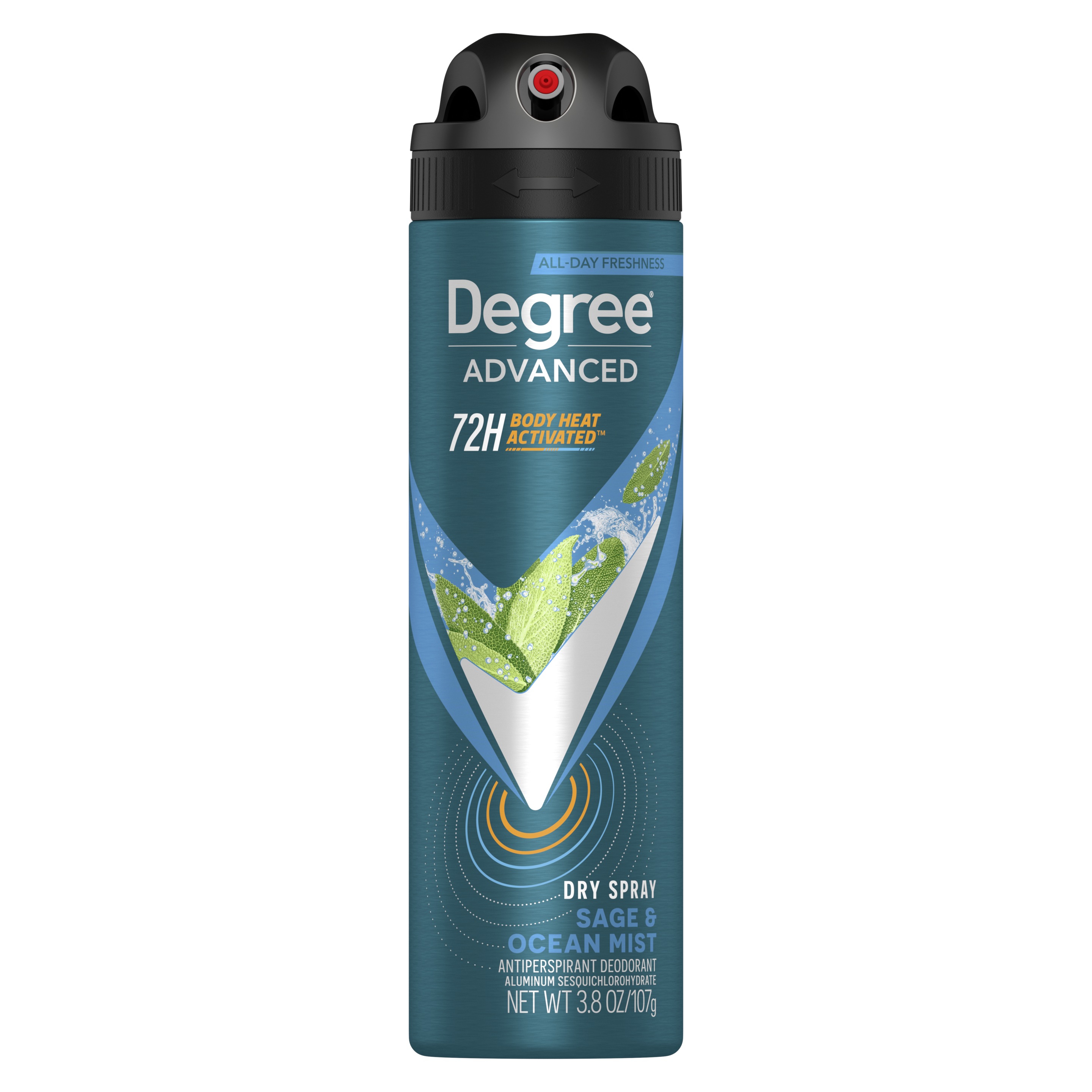SWEATING OUT A FEVER: DOES IT WORK?
Can you sweat out a fever? It's a question as old as time—or at least as old as the common cold. But before you crank up the heat and reach for another blanket, let's dive into this steamy topic and see if sweating out a fever is fact or fiction.
WHAT IS A FEVER?
A fever is your body's way of turning up the heat to fight off invaders like infections. During a fever your body's temperature rises above the normal range of about 98.6°F. When your temperature hits 100.4°F or higher, that's considered a fever. And if you find your thermometer climbing to 103°F or above, you're dealing with a high fever.
COMMON CAUSES OF A FEVER
When germs crash your body's party, your immune system doesn't just send out a polite ‘please leave’ note. Instead, it cranks up the heat to make your body a less hospitable environment for those pesky pathogens. It's all about giving your immune system the upper hand in the battle against illness.
CAN YOU SWEAT OUT A FEVER?
Sweating is your body's natural way of cooling down. The glands in your skin produce sweat, which then evaporates, helping to cool you down. The idea of sweating out a fever is soaked in controversy. While sweating is indeed part of your body's cooling down process, the notion that you can simply sweat a fever away and emerge victorious is misguided.

Here’s why trying to force yourself to sweat out a fever doesn’t work:
1. It’s not just about body temperature regulation
A fever is not only about being too hot; it’s a controlled response by your body to help fight infection. Forcing yourself to sweat excessively doesn't address the underlying cause of the fever—it just adds stress to your body.
2. You risk getting dehydrated
One of the biggest risks of trying to sweat out a fever is dehydration. When you force your body to sweat more than usual, you lose fluids and electrolytes faster. Since fever already increases your body’s need for fluids, pushing it further by sweating excessively can lead to dehydration, which can make you feel worse and hinder your recovery.
3. You could overheat
Bundling up in layers or staying in a hot environment to induce sweating can cause your body to overheat. Overheating can be dangerous and lead to heat exhaustion or heat stroke, especially when your body is already working hard to fight off an infection. It’s important to keep your environment cool and comfortable when you have a fever.
MANAGE YOUR FEVER BETTER
Instead of trying to sweat out a fever, focus on supportive measures that help your body cope with the infection:
• Stay hydrated
Drink plenty of fluids to help your body stay hydrated and function optimally.
• Rest
Give your body the energy it needs to fight the infection by getting plenty of rest.
• Use fever-reducing medications
Over-the-counter medications like acetaminophen or ibuprofen can help lower your fever and make you more comfortable.
• Apply cool compresses
Applying a cool compress to your forehead or neck can help you feel more comfortable without risking overheating.
• Slip into light clothing
Wear lightweight, breathable clothing to avoid trapping excess heat.
• Wear deodorant
Use a gentle, skin-friendly deodorant to manage body odor and keep yourself feeling fresh despite the fever sweats.
While sweating is a natural part of your body’s temperature regulation, forcing yourself to sweat more doesn’t help break a fever and can actually be harmful. Instead, focus on methods that support your body’s natural processes and help you recover safely.



